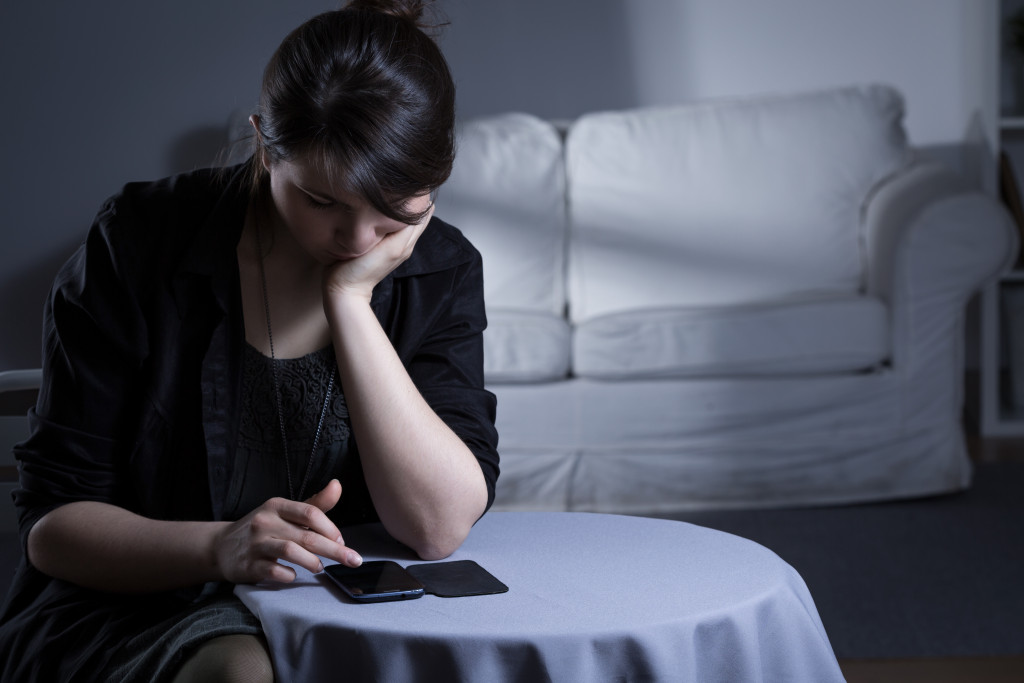The COVID-19 pandemic is hard on everyone. Even as vaccines are being rolled out, new and more dangerous variants like Covid-19 Delta are coming up. Many couples are stressed by unemployment, financial hardship, childcare, homeschooling, illness, death in the family, and deterioration of mental health. Some find that being confined to each other’s company for days on end is boring. Some bicker over household chores. They become disillusioned with each other. This is causing a severe strain on marriages.
Data shows the Centers for Disease Control and Prevention (CDC) stating that there were 782,038 divorces in the U.S. in 2020. This covered 36 percent of all marriages. Wilkinson & Finkbeiner reports that the rate of divorce worsened in succeeding marriages in 2020. In first marriages, 41 percent got divorced. This increased to 60 percent in second marriages, and 73 percent in third marriages.
Even in the early months of the pandemic, from March to June 2020, Legal Templates already found a 34 percent increase in people seeking divorce compared to the same period in 2019. The peak was on April 13 which was merely 15 to 20 days into most state lockdowns. Among the couples who sought a divorce, 31 percent stated that their relationship was damaged irreparably by the lockdowns.
More than half or 58 percent were married for five years or less while 20 percent were married for only five months or even less. Having children below the age of 18 did not stop 45 percent of couples from divorcing. This was a five percent increase from the number of divorcing couples with children in 2019.
The divorce trend continued this year. FormsPal did an analysis of Divorce Settlement Agreement forms and found that divorce agreements in 2021 increased by almost 21 percent from 2020.
Prioritizing the Children
Couples with children must understand that divorce is particularly difficult for the kids. While it is necessary to hire the best child custody attorney, it will also be beneficial to get professional counseling for the children.
Child psychologists advise that couples must never argue or bicker in front of their children. Do not put the children in a position where they must take sides. Do not use them as messengers or grill them for information about the other side. Do not badmouth the other parent to the children.
If possible, calmly talk to the children together about the divorce. Do not go into the details behind the reasons for it but reassure them that it is not their fault. Make them know that they are loved and will always be taken care of. Acknowledge that it is a painful time for everyone in the family.

Work with a child therapist to monitor the effects of the divorce on the children. Children will feel overwhelmed by loss, grief, depression, anxiety, fear, confusion, irritability, and anger. Despite your reassurance, they may feel guilty, thinking that they have contributed to the reasons for the divorce. They may develop health problems as their immune system is weakened by stress. They may have problems sleeping and eating too much or too little.
Children may also lose interest in social activities and become moody. Their performance in school can suffer. Some children may act out and exhibit destructive behavior. You and the therapist must address these issues with sensitivity.
Discuss the therapist’s recommendations with other family members so that they can help the children, as well. It is important for the children to have the emotional support of an extended family, especially at this time. It will help them feel grounded and secure.
Dealing with Divorce
Even if divorce is your decision, and even if there are no children, it is never easy. The entire process is emotionally exhausting. There will always be a sense of loss, failure, disappointment, regret, grief, and anger. There will be a feeling of uncertainty and some confusion about building a new life. Acknowledge your feelings. You will benefit from counseling to have a safe space to vent and process your emotions while receiving healthy advice.
Do not distance yourself from close family members and trusted friends. Being immersed in their love and support will go a long way in your healing journey. They can also help you rediscover your true self outside of a relationship. This is an essential part of moving on. You must be whole again before you enter another relationship.
Take good care of yourself. Eat healthy food, get enough exercise, and sleep well. Pamper yourself with massage sessions and perhaps a new haircut. Even if you work from home, do not stay in your pajamas the whole day. After work, explore previous or new interests or hobbies. As the world enters a new normal after the pandemic, so will you. You can become an even better version of yourself.






